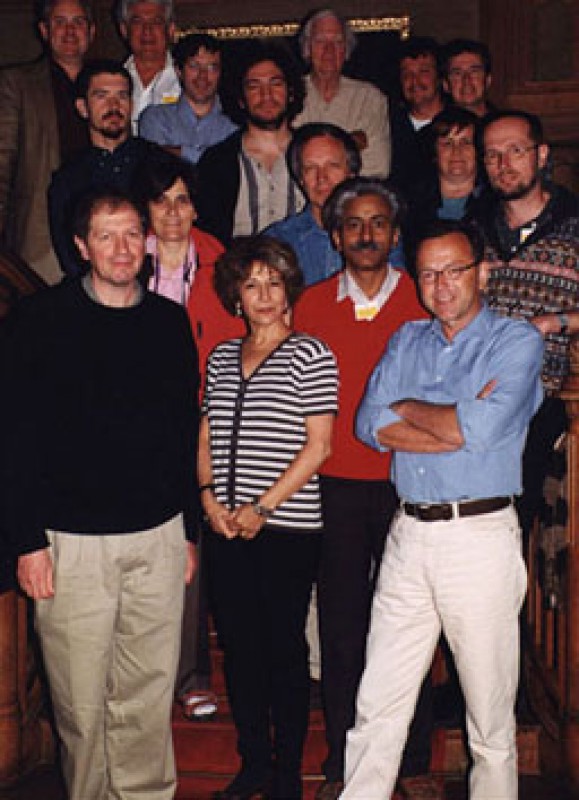KLI Colloquia are informal, public talks that are followed by extensive dissussions. Speakers are KLI fellows or visiting researchers who are interested in presenting their work to an interdisciplinary audience and discussing it in a wider research context. We offer three types of talks:
1. Current Research Talks. KLI fellows or visiting researchers present and discuss their most recent research with the KLI fellows and the Vienna scientific community.
2. Future Research Talks. Visiting researchers present and discuss future projects and ideas togehter with the KLI fellows and the Vienna scientific community.
3. Professional Developmental Talks. Experts about research grants and applications at the Austrian and European levels present career opportunities and strategies to late-PhD and post-doctoral researchers.
- The presentation language is English.
- If you are interested in presenting your current or future work at the KLI, please contact the Scientific Director or the Executive Manager.
Event Details

Picture Gallery
The fields of developmental and evolutionary biology are undergoing ferment. Progress in the last few years in characterizing the genetic mechanisms involved in embryonic development has demonstrated unexpected degrees of functional redundancy in these processes, as well as unanticipated discordances between conserved forms and conserved genes. In addition, evolutionary studies have revealed surprising extents of homoplasy and other forms of parallel morphological evolution in disparate lineages, as well as evidence that extensive morphological diversity appeared much earlier in the history of multi-cellular life than previously thought. These phenomena have raised new questions concerning the relationship between gene content and activity and the generation of biological form, and have suggested that the solution to these puzzles will emerge with the development of a new paradigm for understanding the evolution of developmental systems. A recurrent theme in such discussions has been a heightened interest in the evolutionary implications of epigenetic processes of form generation, including generic physical mechanisms of tissue morphogenesis and inductive and mechanochemical tissue interactions.


